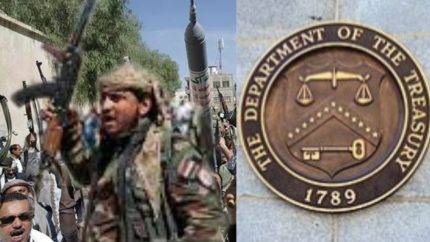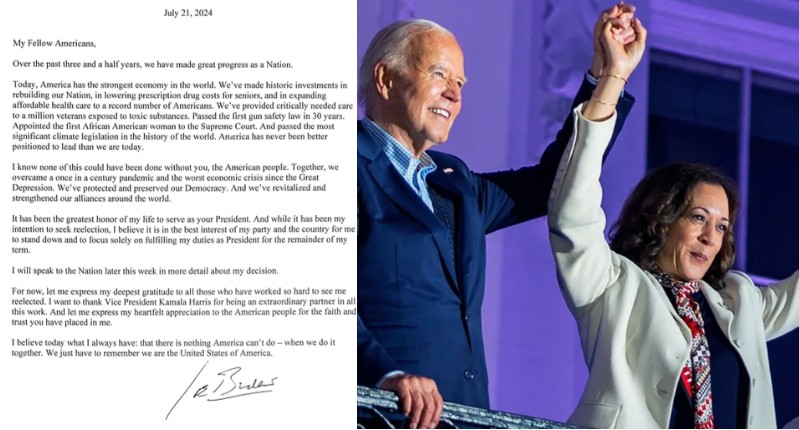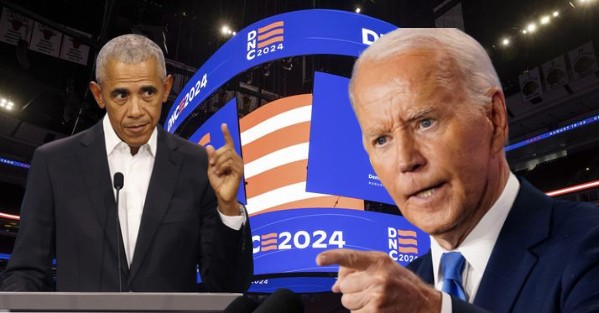In response to ongoing attacks on international shipping by Houthi rebels, the U.S. has imposed sanctions on an individual and three currency exchange houses accused of facilitating the flow of Iranian financial assistance to the Yemeni movement. The U.S. Treasury Department, in a statement, identified two exchange houses based in Yemen and one in Turkey as the focal points of these measures.
The sanctions, freezing U.S. assets and prohibiting Americans from doing business with the targeted entities, underscore the U.S. commitment to curb the illicit flow of funds to the Houthis. Under Secretary of the Treasury for Terrorism and Financial Intelligence, Brian Nelson, emphasized the necessity of these actions to prevent further destabilization of the region.
Houthi Rebels’ Escalation of Maritime Attacks in the Red Sea and Gulf of Aden
Since November 19, Houthi rebels have significantly intensified their assaults on shipping in the Red Sea and Gulf of Aden, employing drones and missiles to target or seize approximately twelve ships. This surge in maritime aggression serves their strategic objective of amplifying international pressure on Israel. The escalation is a direct response to the offensive in Gaza, which was set in motion by the October 7 onslaught carried out by Hamas militants. Notably, U.S., British, and French warships have been actively involved in intercepting drones and missiles launched by the Houthis, who have gained control over substantial areas of Yemen through years of civil war.

In response to the Houthi rebels’ aggressive actions, U.S., British, and French warships have undertaken interception operations, thwarting drones and missiles launched by the group. This intervention is crucial in safeguarding maritime security and preventing further escalation. It is particularly noteworthy that the Houthi rebels, having gained control over significant portions of Yemen through years of civil conflict, are leveraging maritime attacks to amplify their influence and draw attention to their cause. The international community’s concerted efforts in intercepting these attacks aim to curb the destabilizing impact of the Houthi actions in the Red Sea and Gulf of Aden.
U.S. Leads Naval Task Force
In a strategic move to address the escalating threat, the United States has taken proactive measures by establishing a robust naval task force dedicated to ensuring the security of commercial shipping. With a primary focus on countering the perceived threat posed by Iran’s alleged provision of weapons, financing, and support to the Houthis, the U.S. is amplifying its efforts to safeguard vital maritime routes. The initiative underscores a commitment to maritime security and aims to quell tensions amid accusations of Iranian involvement.
Amidst these developments, it is crucial to note that Iran vehemently denies any involvement in supporting the Houthis. The geopolitical landscape is marked by a complex web of accusations and denials, adding an intricate layer to the unfolding narrative. As the U.S. intensifies its efforts based on its allegations, the situation calls for careful consideration of the varied perspectives at play, shedding light on the diplomatic intricacies surrounding the rising tensions in the region.
Targeted Network Linked to Iranian Financier
In the most recent round of sanctions orchestrated by the Treasury, the primary objective is to dismantle a network facilitating the flow of funds from Iran-based financier Said al-Jamal to the Houthi group. At the epicenter of these measures is Al Aman Kargo Ithalat Ve Nakliyat Limited Sirketi, identified as a crucial “waypoint” for financial transactions linked to Iran’s Islamic Revolutionary Guards Corps. This strategic move aims to disrupt the financial channels that sustain the Houthis, emphasizing the critical role of targeted entities like Al Aman Kargo in facilitating the alleged fund transfers.

Further tightening the grip on financial conduits, the sanctions encompass Nabco Money Exchange and Remittance Co based in Sanaa, along with its principal figure, Nabil Ali Ahmed al-Hadha. This entity is implicated in the reception of funds from the Turkish side of the network, adding another layer to the intricate web of financial connections. By spotlighting these key players and their roles within the alleged funding network, the Treasury’s sanctions underscore a decisive effort to curb financial support to the Houthis, contributing to regional stability and security.
Allegations and Denials
Unreachable Entities
The entities targeted by the sanctions, including Al Rawda Exchange and Money Transfers Co, were reportedly unreachable for immediate comment. The measures, part of broader efforts to thwart the flow of funds to the Houthis, reflect the complexity of the geopolitical landscape in the region.
This comprehensive report covers the recent U.S. response to Houthi attacks, providing insights into the targeted entities, the geopolitical context, and the ongoing challenges in the region.
Table of Contents
Discover more from OGM News NG
Subscribe to get the latest posts sent to your email.














